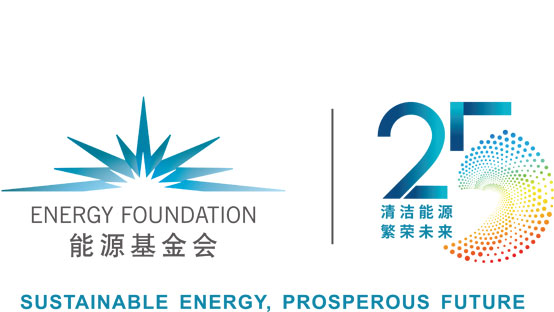Towards a Zero Emission Power System (Part I): Building a Secure and Reliable Power System with High Renewable Energy Penetration
| When | 18:00-19:30 (CN) 10:00-11:30 (UK) 02:00-03:30 (SF) |
|---|---|
| Where | Energy Foundation China Pavilion, China Pavilion EXPO 2020 (Green Zone), X583+2CW Sunrise Avenue - Dubai - United Arab Emirates |
Time: December 5, 2023, 14:00-15:30 (Dubai Time)
Background:
In the journey towards achieving global carbon neutrality, how to build a zero-emission power system is crucial. According to the IEA report, the global power industry currently contributes to about 40% of total carbon emissions. To establish a zero-carbon power system, renewable energy sources such as water, wind, and solar are essential components. Countries are putting in significant efforts to develop a power system, where renewable energy is the main body.
However, the increasing penetration rate of renewable energy in the power system, along with the impact of extreme weather and conflicts between Russia and Ukraine, has led to power supply security crises and soaring electricity prices in several regions in Europe. As the carbon neutralization process accelerates, electrification improves, and clean energy rapidly develops, the proportion of renewable energy in the power structure will continue to increase. It is necessary to consider how to build a power system with high renewable energy penetration while ensuring the security of the power supply.
Although different countries have varying resource endowments and energy needs, they are all striving to establish a zero-carbon power system that caters to their national conditions. For instance, China has anchored on the "3060" strategic goal, which involves speeding up the development of a new power system while enhancing the construction of four major systems: the power supply support system, the new energy development and utilization system, the energy storage large-scale deployment and application system, and the intelligent operation of the power system. Germany, on the other hand, is relying on three areas: enhancing energy efficiency, promoting the development of renewable energy, and encouraging sector coupling to bolster its energy transformation strategy.
To facilitate exchanges and promote better understanding among all parties, EF China has invited experts from international organizations, research institutions, universities, and other entities. The discussion aims to identify the key challenges and factors impeding the transformation of the zero-carbon power system. Additionally, we share the experience of power system transformation in various countries and jointly accelerate the pace of global energy transformation.
|
14:00-14:05 |
Welcome Remarks Zou Ji, CEO and President, EF China |
|
14:05-14:15 |
Presentation 1: Global Energy Transition Trends: an IEA View Pablo Hevia-Koch, Head of Renewable Integration and Secure Electricity, IEA |
|
14:15-14:25 |
Presentation 2: Clean Energy’s Key Role in China’s New Energy System Levin Zhu, Visiting Professor of Management Practice at Tsinghua University, Former President and CEO of China International Capital Corporation |
|
14:25-14:35 |
Presentation 3: A High-Renewables European Power System: Practice and Experience Richard Black, Senior Policy Advisor, EMBER |
|
14:35-14:45 |
Presentation 4: China’s Pathway to a New-Type Power System Ma Li, Vice Chief Engineer and Director of Corporate Strategy Department, State Grid Electric Research Institute |
|
14:45-15:25 |
Panel discussion: Pathways and solutions to further boost renewables and build a net zero power system Discussion questions:
Moderator: Zhang Yongping, Program Director, Clean Power, EF China |
|
Panelists:
|
|
|
15:25-15:30 |
Closing remarks: Zhang Yongping, Program Director, Clean Power, EF China |




